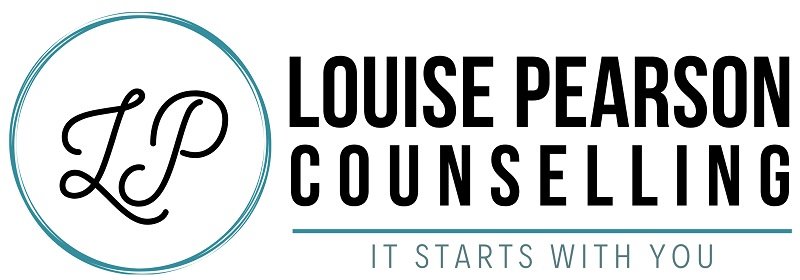If you've read my blog on sleep issues, you might have already guessed something about me, and that is — paper has been a great and trusted friend of mine for many years.
In fact, I often refer to it as "Paper the Ever-patient" because whether I am using the real McCoy in the shape of a notepad, or whether it's on a tablet or phone, it's usually something I can access easily. This friendship has been around since I was a teenager, and I have found that even in the most difficult times, if I can write, I can often get some clarity and restore some inner peace.
So, I thought I'd share with you a few of the ways in which I use paper, on the off chance that they could be worth investigating for yourself.
1. Write a Journal.
In fact, I may as well be honest — most years my journals are bigger than your average book. For me, it's a way of creating word pictures about all facets of my life. Whether it's describing a social event, or describing my reactions to something good or bad in my life, if I can write the events down on paper from my perspective, I have both a record of what happened, and a chance to draw out my emotions.
2. Consider Retelling the Story
Sometimes I extend that journalling, and try to recreate events, as a story, or a piece of prose. I don't limit myself then to just describing things as they happened. Instead I will actually write whole pieces of conversation down. Again it gives me the opportunity to clarify what it was that was memorable for me, but it also gives me the chance to try to think and write from the other person's perspective as well as my own. Sure, it's still only my take on a situation, but it's interesting what that can change in my thinking.
3. Ask Yourself a Question
When I'm worrying about something — puzzling something over, not sure of what to do, I will often write down a question, and then simply jot down the thoughts that come up in my mind in answer to it. When I first began to do this, I'd sometimes sit for a few minutes writing silly things like "I don't know why I'm doing this" or "this is a waste of time", but if you persist, thoughts will start coming and it's interesting the answers that you can find that way.
4. Write a List
I write lists. It might be that I write a list of things to be thankful for in my day as a gratitude journal. I might write a list of things that have made me happy in a day, or that I want to get done in the next week. I might write down memorable moments, or things I’ve learned from watching TedTalks or books I’ve read. I keep my lists open once I've started them, and it can be interesting to read back over things that made me happy two years ago, for example.
5. The Words of Others
And of course paper doesn't have to be used only for my own words. Other people's words and stories are often far more inspiring to me than my own. It might be that I write particular quotes down and put them in places where I will read them regularly. I've also been known to make a collage of quotes that were important to me, at different times in my life. Others draw pictures, cut things out of magazines — the possibilities are endless.
6. Tell your Inner Critic to Back Off.
I do appreciate you might be thinking that you've never been a writer, and that you wouldn't know where to start – but here’s the thing: if you are also feeling a stirring of interest, there’s no time like the present. So, simply pull up a blank document or grab a notepad and pen and start from where you are at. Try not to judge yourself about what you write first. This writing is for and about you; there are no Do’s or Don’ts in the way you choose to write.
Like any coping strategy, like any relationship, it takes time to get comfortable together. Try and try again, because I can assure you, for me it's been well worth the effort.

